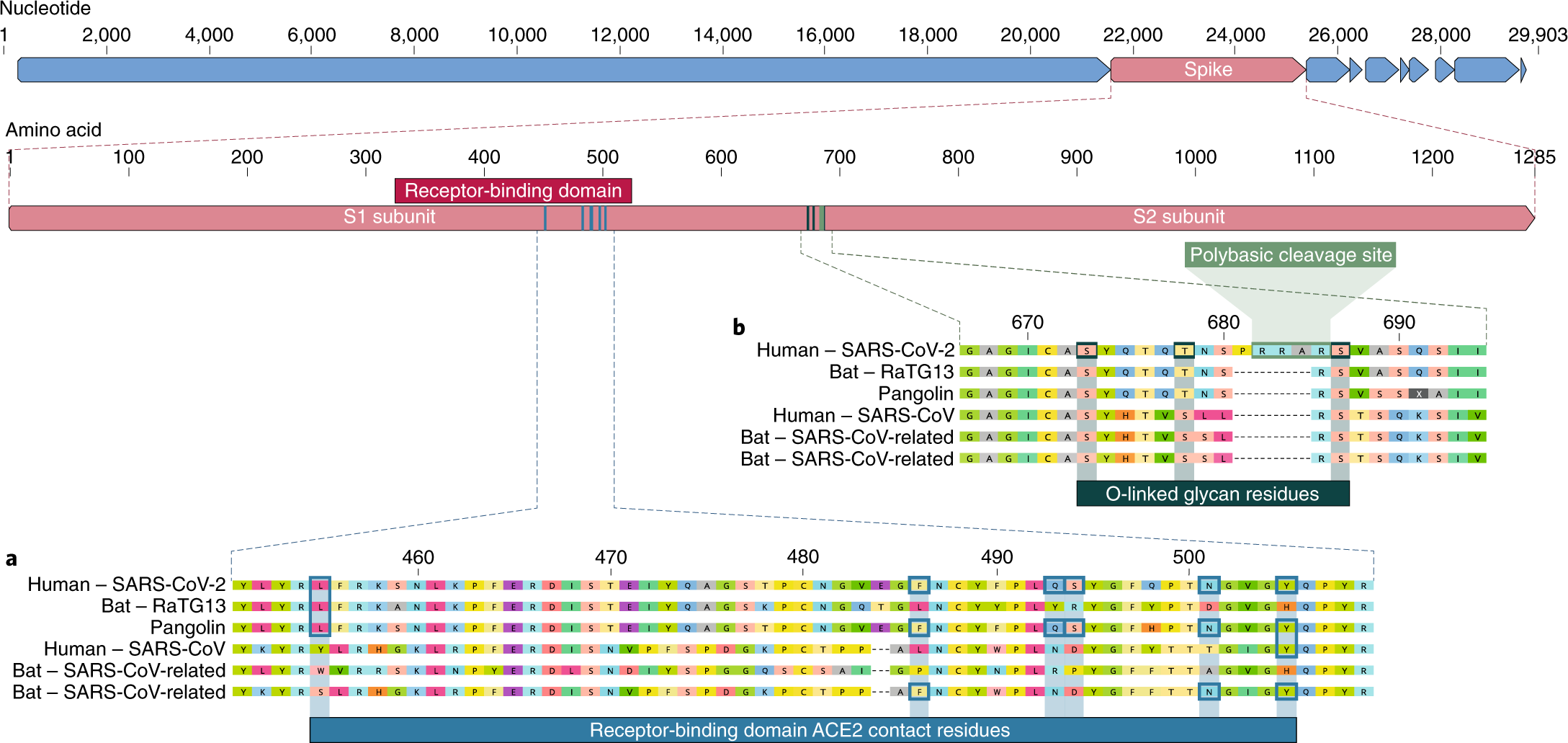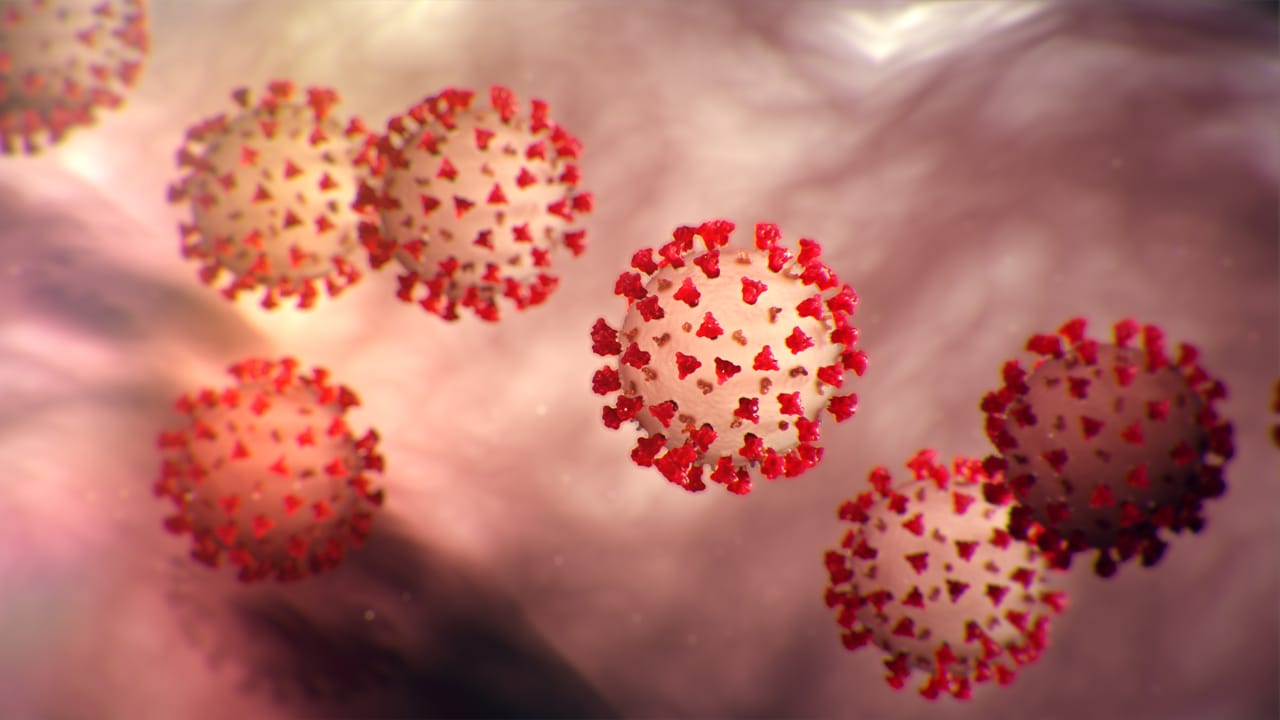A pandemic is upon us
As this is being written (April 2020), the entire world is gripped in the throes of the rapidly spreading and deadly Covid-19 pandemic. International travel has been greatly curtailed worldwide; many businesses, large and small, have shut their doors; many K-12 schools and universities have closed; and entire regions and nations, encompassing well over one billion people, have been ordered to remain in their homes.
As of the current date (28 April 2020), the Johns Hopkins University Coronavirus Resource Center has tallied 3,062,000 confirmed cases and 212,000 deaths worldwide. The U.S. far and away leads in both statistics, with over 1,013,000 cases and 57,000 deaths. Spain is next, with 232,000 cases and 24,000 deaths, followed by Italy, France, Germany, U.K., Turkey, Iran, Russia and China. By time you read this, these grim statistics are certain to be even higher.
Sadly, given the highly connected nature of modern global society, we almost certainly will face similar pandemics in the future, and so it is imperative to marshall all the scientific resources available to develop effective means to contain and treat the current pandemic and to prevent, contain and treat future pandemics. We have already seen the need to educate the public about the mathematics of exponential growth, the biology of transmission (e.g., the Covid-19 virus can be transmitted by someone who has no clear symptoms of infection), and the potential danger of mutant strains that may require new rounds of social distancing, business closures, treatment and vaccination.
All of this will require a substantially greater level of technical knowledge about Covid-19 and other potential diseases in the general public. At the very least, a large fraction of the public must clearly understand and be willing to comply with emergency decrees designed by scientists to stem the tide of infection.
Astrologers spin horoscopes on the coronavirus
Incredibly, just as modern society faces these daunting challenges, which, more than ever before, require a scientifically literate public, millions of reasonably well-educated and otherwise intelligent people in highly industrialized nations are embracing pseudoscience, ranging from bogus and untested medical “cures” to astrological predictions and treatments. Yes, astrology — the absurd and utterly unscientific notion that the future is determined by the positions of a few stars and planets when one is born.
A 2018 Pew Research poll found that 29% of U.S. adults believe in astrology. A 2018 National Science Foundation poll found that 37% of Americans view astrology as “very scientific” or “sort of scientific,” a figure that rose to 44% among 18-34-year-olds [NSB2018]. Studies have found similar trends in other nations, including the U.K., among others.
Thus perhaps it is not surprising to read of astrological predictions and cures for Covid-19. One popular astrologer has claimed that he has learned, via astrology, that the coronavirus will quickly culminate before vanishing almost overnight. He added, “I see the collective south node, which represents our collective fate, is conjunct with Venus — an air planet of gas — in Capricorn which is the sign of suffering and material darkness.” Another astrologer notes that the first case in Wuhan, China emerged while “Jupiter, the planet of international travel, moved into Capricorn. Saturn, which can be a planet of limitation and restriction, rules Capricorn, and this influence placed a damper on Jupiter’s usually expansive nature.”
Pseudomedicine for Covid-19
Some might dismiss these astrologers and their customers as engaging in harmless fun. But other groups are promoting and profiting from equally pseudoscientific medicinal agents to treat or prevent Covid-19, and, evidently, many of their customers believe that these remedies are effective.
As a single example, for many years regulatory agencies have targeted promoters of “essential oils” (various fragrant essences such as lemon oil or lavender oil), who have claimed a broad range of medicinal powers for their products. In 2014, the U.S. Food and Drug Administration (FDA) issued warning letters (see A and B for example) to various firms selling these products, citing unsubstantiated claims that certain oils are effective against the Ebola virus; can hep prevent conditions including cancer and heart disease; can treat Alzheimer’s disease and other cognitive impairments; have an anti-tumor effect on various cancer cells; or can treat Herpes, MRSA, shingles, whooping cough, flu, lupus and warts.
Thus it was not surprising that some of these same firms, among others, are now under fire from government agencies such as the U.S. Federal Trade Commission for making spurious claims that their essential oil products can treat or prevent Covid-19, or that persons who have recently lost employment due to Covid-19 can make good money selling these products via these firms’ multilevel marketing operations.
Numerous other firms and individuals have promoted dubious Covid-19 cures. Conservative talk radio host Alex Jones has promoted a silver-based toothpaste that he claims will kill the coronavirus, saying (falsely), “The patented nanosilver we have, the Pentagon has come out and documented and Homeland Security has said this stuff kills the whole SARS-corona family at point-blank range.” The New York Attorney General’s office has issued a cease-and-desist order against Jones for these claims. A similar colloidal silver product was promoted on a TV show hosted by televangelist Jim Bakker, drawing a lawsuit from the Missouri Attorney General.
The FDA has also issued warnings to at least one firm that has marketed “fraudulent and dangerous” chlorine dioxide products, under names such as “Miracle Mineral Solution,” for various medical purposes, and, most recently, for prevention and treatment of Covid-19:
Despite previous warnings, the FDA is concerned that we are still seeing chlorine dioxide products being sold with misleading claims that they are safe and effective for the treatment of diseases, now including COVID-19. The sale of these products can jeopardize a person’s health and delay proper medical treatment.
The elephant in the room
Sadly, in this discussion we cannot avoid the “elephant in the room,” namely the unfortunate promotion of unproven Covid-19 treatments by U.S. President Donald J. Trump. Trump first mentioned the antimalarial drugs chloroquine and hydroxychloroquine for Covid-19 in a White House press briefing on 19 March 2020. He reiterated the recommendation on 4 April, and doubled down on the claim the next day, even after Anthony Fauci and other U.S. government scientists warned that these drugs were not proven treatments for Covid-19.
Many in the public took these recommendations quite seriously. U.S. pharmacies reported that after Trump’s comments on 4 April 2020, prescriptions for chloroquine and hydroxychloroquine surged by a factor 46 compared with the average daily rate prevailing before. Partly as a result, many patients suffering from lupus, for which these drugs are legitimate prescribed treatments, reported not being able to find the drugs for their condition.
Warnings by Fauci and others about these drugs being unproven for Covid-19 were confirmed a few days later when a Brazil study of chloroquine for Covid-19 was halted after several patients developed potentially fatal heart arrhythmia. The FDA then reiterated its directive that neither drug should be used for Covid-19, except possibly for patients in a closely monitored hospital or clinical trial setting.
Then on 23 April 2020, Trump suggested that sunlight or even ingesting disinfectants would be effective against the coronavirus. In the wake of negative reactions to these comments, the next day Mr. Trump said that he was only being sarcastic, although his broadcast TV comments showed no indication that he was not being serious.
Immediately after Trump’s disinfectant comments, emergency management authorities across the U.S. and in several other nations were flooded with inquiries, and found it necessary to broadcast emergency messages warning people not to ingest disinfectants. Officials in Washington State warned on Twitter, “Please don’t eat tide pods or inject yourself with any kind of disinfectant,” and reiterated its directive to rely only on official medical advice about Covid-19. Manufacturers of the U.S. consumer products Clorox and Lysol issued warnings not to use their products in this way.
Public misinformation on Covid-19
Subsequent reactions to Mr. Trump’s comments have been largely predictable based on partisan affiliation, with opponents of Mr. Trump highlighting these comments, and defenders of Mr. Trump downplaying them and arguing that a focus on these comments is deflecting attention from more significant issues. But setting aside political squabbles, this episode has amply underscored a larger issue: the public’s relatively low level of scientific literacy and resulting susceptibility to misinformation and misdirection.

Features in the spike protein of Covid-19, compared with other coronaviruses (courtesy Nature Medicine)
Misinformation on Covid-19 is not limited to the U.S. In the past week or two, more than twenty 5-G cellular antenna towers in the U.K. were destroyed by arsonists convinced by conspiracy theorists that these antennas cause Covid-19 infections (such claims have been repeatedly debunked). Another conspiracy theory holds that Bill Gates designed the coronavirus in an attempt to save the planet by depopulating it (he did not).
Scientists are partly to blame
Why in an age of unparalleled scientific progress, and unparalleled scientific challenges as well, are so many turning to utterly pseudoscientific products, pursuits and conspiracy theories? And why are so many so poorly informed on life-and-death issues related to Covid-19? While many point fingers to the failings of various public leaders, some of whom are indifferent if not downright hostile to science and technology, scientists themselves must shoulder some of blame.
Indeed, while many of us have been successful in our day-to-day battles — proving theorems, computing simulations, performing laboratory work, analyzing data, authoring journal articles and obtaining grants — we are badly losing the war for the hearts and minds of the public. Relatively few researchers attempt to communicate directly to the public; relatively few operate a blog or other forms of outreach; relatively few visit public schools or venture outside their laboratories; and hardly any have tried to engage with the public in active research work.
And yet scientists have a great story to tell. What could be more exciting than the history of scientific progress over the past years, decades and centuries? Just within the past 100 years, researchers have discovered the theory of relativity, quantum mechanics and the standard model; unraveled the structure of DNA; sequenced the human genome; discovered the accelerating universe; observed planets orbiting thousands of distant stars; and detected the collisions of black holes and neutron stars (see this Math Scholar article for additional details).
Spurred by these scientific advances, human technology has also advanced at an astonishing pace: worldwide life expectancy has increased from 29 years as recently as 1880 to 71 today; transportation has advanced from horse-and-buggy to jet airplanes within the lifetimes of people still alive (4.3 billion airline passenger trips were taken in 2019); Moore’s Law has advanced by a whopping factor of 80 million since 1965, propelling computer technology to devices and capabilities unthinkable just 20 years ago; the internet now brings the entire world’s knowledge to one’s smartphone (roughly 50% of the world’s population now has one), and has greatly alleviated the isolation caused by the current pandemic; and genome sequencing and artificial intelligence are just getting started (see this Math Scholar article for additional details).
Yes, scientific progress is very real, a shining light in a world beset by gloom and doom. Let’s share the excitement!
